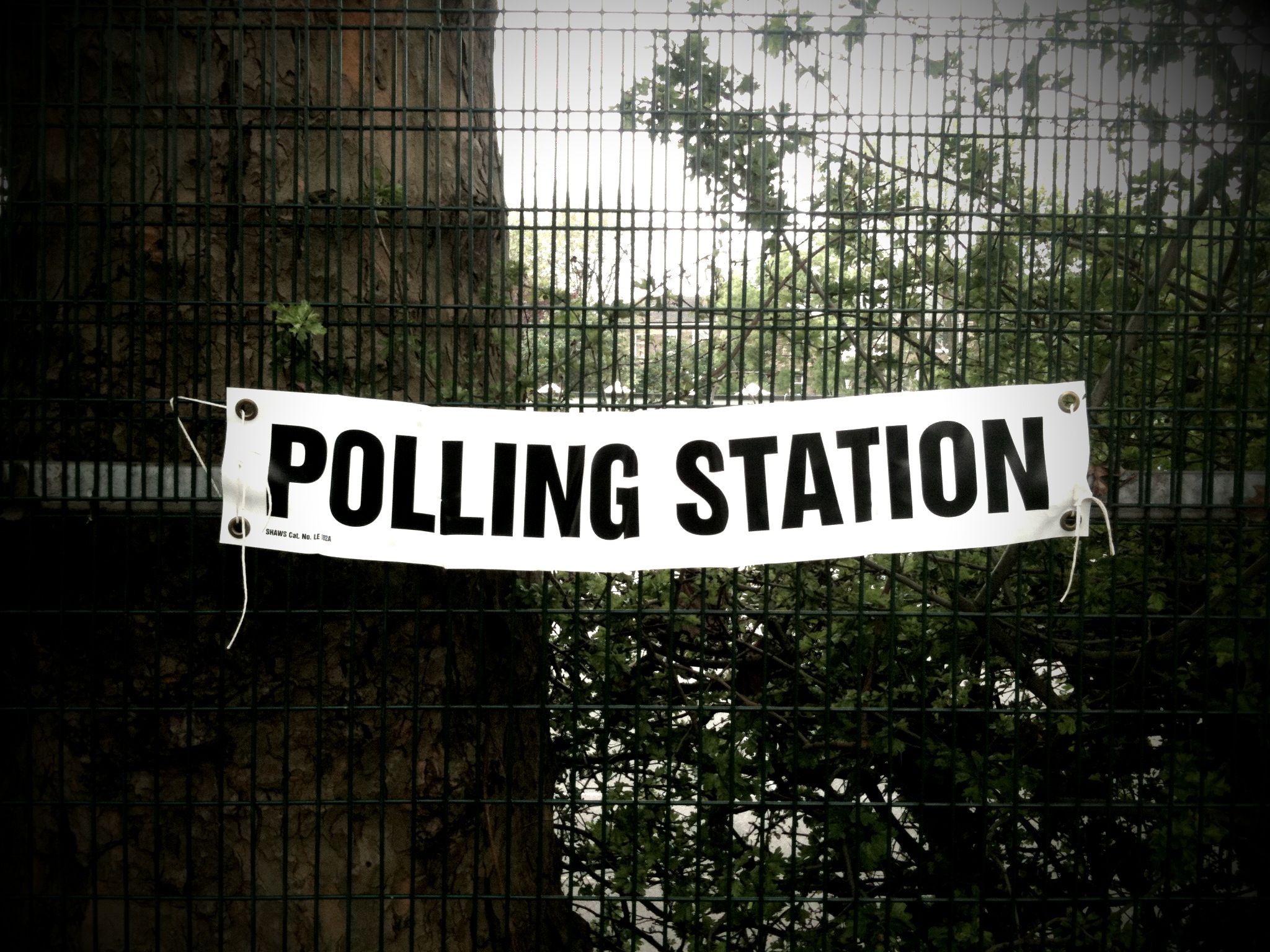
Daniel Falkenheim, a Journalism major, is in his first year as Assistant Sports Editor for The Montclarion.
In November 2007, Rudy Giuliani led all Republican primary candidates at 27 percent in the public opinion polls. The very next month, Mike Huckabee reasserted control and led the field with 25 percent of the vote. Hillary Clinton wasn’t doing too poorly either, as she was polling at 40 percent at that time. Ahead of the 2012 election, Newt Gingrich led all Republicans with 25 percent of the vote in December 2011.
What do all of these frontrunners have in common? None of them would become their party’s eventual nominee for president.
Early national opinion polls are terrible at predicting the outcome of presidential primaries. Too often, the media and the general public use polls to turn politics into a horse race. The minutiae of local campaigning and the complexities of a political operation are unfairly boiled down to who made the latest jump in the polls. Analyzing a candidate’s campaign is too frequently linked to where they are in the polls.
However, a presidential campaign is more like a marathon and less like a series of short sprints. Taking the polls at face value, one would have thought that Clinton was a shoe-in for the nomination at this point in the 2008 election. However, then-candidate Barack Obama made a late push in February and rode the “Change We Can Believe In” wave all the way to the White House.
Already, news pundits put Jeb Bush’s campaign on life support just because his polling numbers fell into the single digits. Undoubtedly, you’ll hear stories in the news about Donald Trump losing ground in the polls. Numerous candidates will either be the flavor of the month or pronounced dead solely based on their early poll numbers.
Political analysis shouldn’t be based on who’s polling where, but rather on looking for trends in the polls and going from there.
For example, it’s easy to say that Donald Trump is the favorite for the nomination just based on his polling numbers. As previously shown, early polling numbers are not a valid indicator of his likelihood to be the nominee.
Instead, examine the polls and look at Marco Rubio and Ted Cruz. They’ve consistently polled at around 8-12 percent, even through multiple twists and turns like the Trump saga, the immigration debate and more recently the Paris attacks.
Though Rubio and Cruz might not be this month’s “hot” candidate, they are in the best position to make a late push and win the Republican nomination.
For Rubio, he can appeal to voters on the basis that he is a fresh face, Latino, pro-lifer and has conservative solutions to move the country forward. For Cruz, he can prove to voters that he is vehemently anti-establishment and is the only candidate to fight for Republican voters. However, they haven’t had their time in the spotlight just yet. In this stage of the election, voters are trying on different hats and seeing what candidate fits best.
I’ve done a lot of dismissing on national polls, but it is unwise to say that the polls are completely useless. For one, the polls do provide a snapshot of what Americans are feeling at the time. Early national polls may not be able to tell you that immigration will be the most important issue in the upcoming election, but they can tell you that Trump’s message is resonating in that particular timeframe.
Additionally, polls from reputable organizations like the Pew Research Center and Reuters have complex science and math behind them and does the best possible job of conducting a representative survey. These polls are valid in and of themselves, but it’s the analysis based on the polls that’s faulty and misleading.
Polls don’t mean much in the early stages of an election, but they will start to mean more once the primary season is in full effect. Currently, everyone is saying who they will vote for, but they don’t actually have to go out to the booth and place their vote. Once it is time to do so, though, we can pay closer attention to the polls and no longer take them with a grain of salt.



